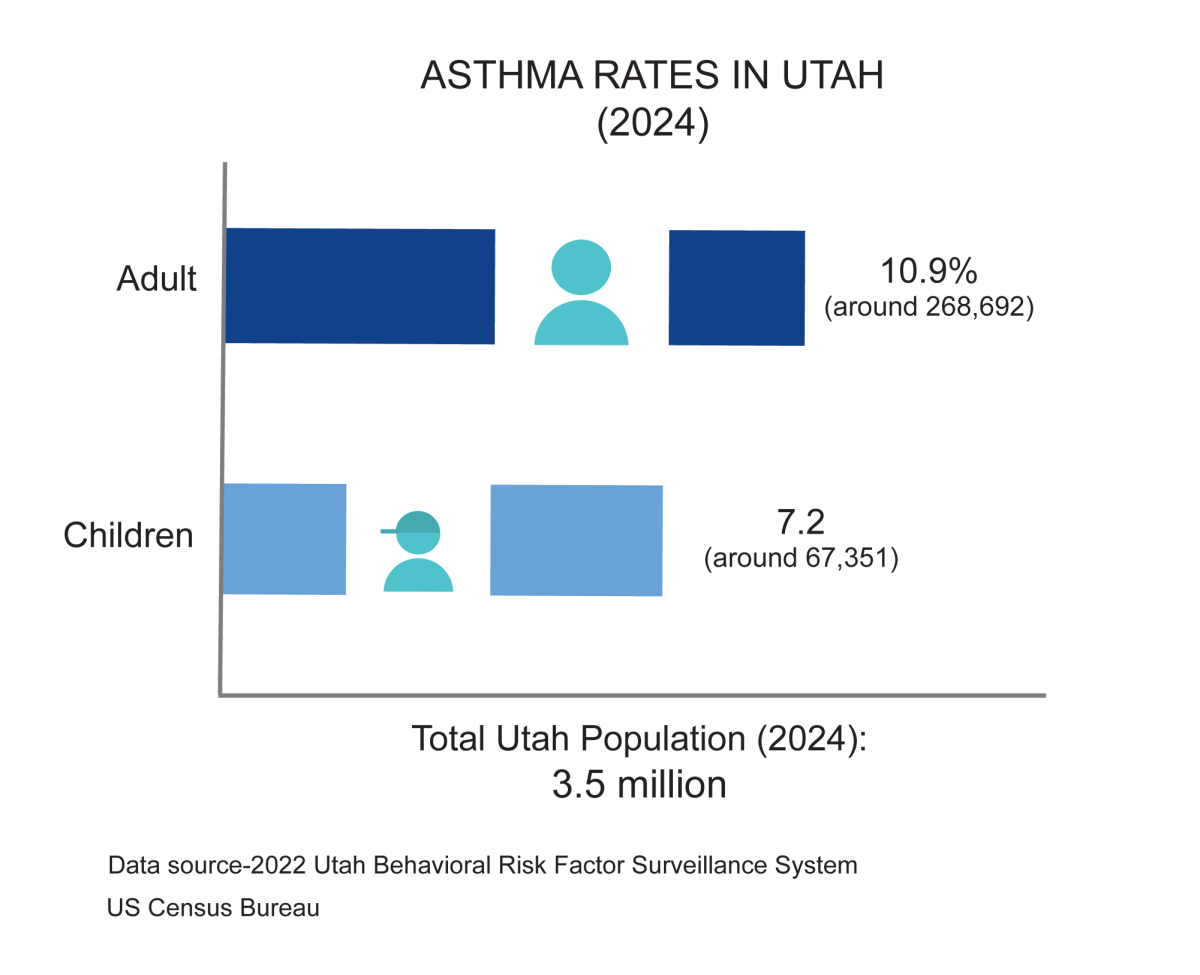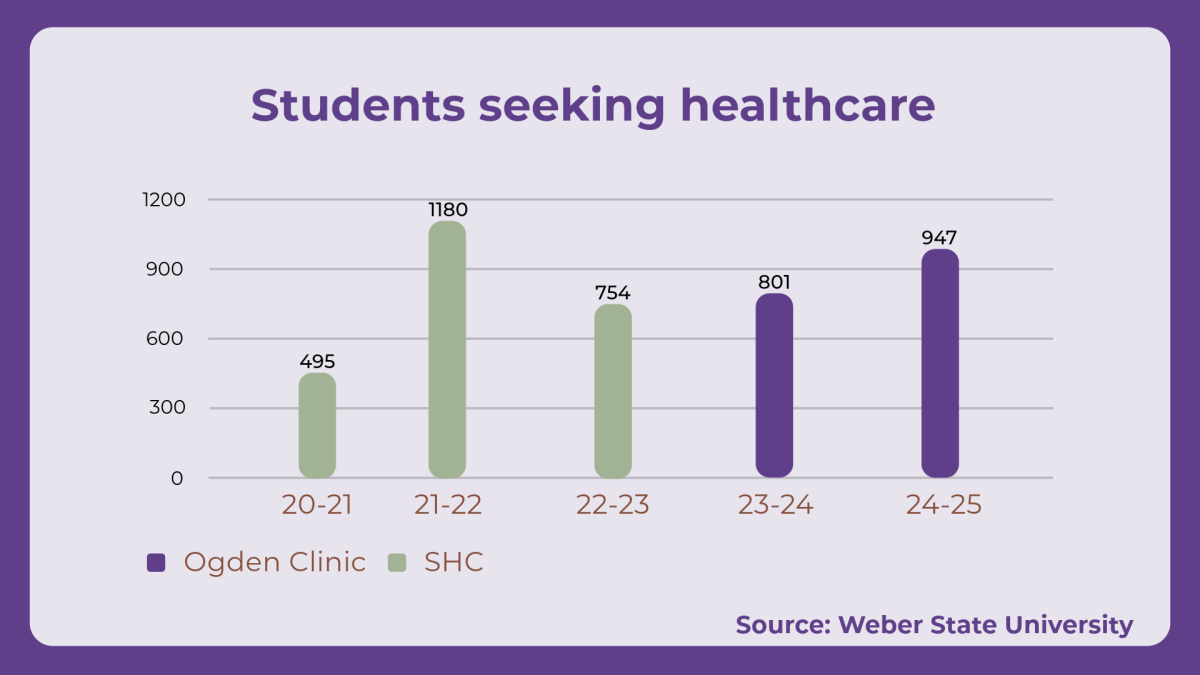With finals week looming on the horizon, all-night study sessions seem unavoidable. However, students reaching for energy drinks to offer a quick fix should think twice about how much caffeine they are consuming.
The Food and Drug Administration reported that 80 percent of adults consume caffeine every day, and the average intake is 200 mg, about two 5-ounce cups of coffee or four sodas.
Five deaths have been allegedly linked and cited to the Monster Beverage Corporation’s energy drinks. The reports claim the deaths were caused by adverse reactions after consuming the Monster Energy Drink. The most recent death was 14-year-old Anais Fourier of Hagerstown, Md., who went into cardiac arrest after drinking two 24-ounce Monster Energy Drinks within a 24-hour period, and an autopsy found that Fournier’s cause of death was cardiac arrhythmia due to caffeine toxicity.
“I saw the story on the news about the little girl, and I couldn’t believe an energy drink could be at cause,” said Kyle Smith, a WSU student. “She drank two energy drinks, and I’ve done that before, not even thinking about the effects.”
The FDA states that caffeine used in moderation is not harmful. A moderate caffeine use is 100-200 mg per day, which equals about 1-2 cups of coffee a day. The suggested amount varies from person to person and depends on how sensitive one’s body is to caffeine.
Students who use caffeine every day build up a tolerance and find that, after enough time, they will not be able to concentrate unless they use more.
“I can’t function in the morning until I have either an energy drink or coffee,” said Sal Gallegos, a WSU sophomore majoring in accounting. “I work two jobs and attend class every day. I have to stay awake if I’m going to do well.”
FDA studies have shown that caffeine can cause physical dependence or addiction just the same as drugs and alcohol. If a person who has a dependence on caffeine quits using quickly, symptoms of withdrawal can include severe headaches, muscle aches, feelings of depression and irritability. According to the FDA, caffeine addiction is a difficult cycle to break.
Caffeine acts as a stimulant to the central nervous system, and its main effect is alertness for a period of time. Adverse side effects include feeling jittery and shaky, increased heartbeat, elevated blood pressure, headaches and dehydration. The FDA calls caffeine both a drug and a food additive.
Caffeine is not only consumed in drinks. It can also be found in foods like cacao pods, which are used to make chocolate products. In one ounce of bittersweet chocolate, there can be up to 35 mg of caffeine.
“I don’t drink energy drinks, mostly because they are loaded with too much caffeine, and that can be bad for your health,” said Ethan Albretsen, a WSU junior. “If you need that much caffeine, then maybe you have another health issue you should look at.”













